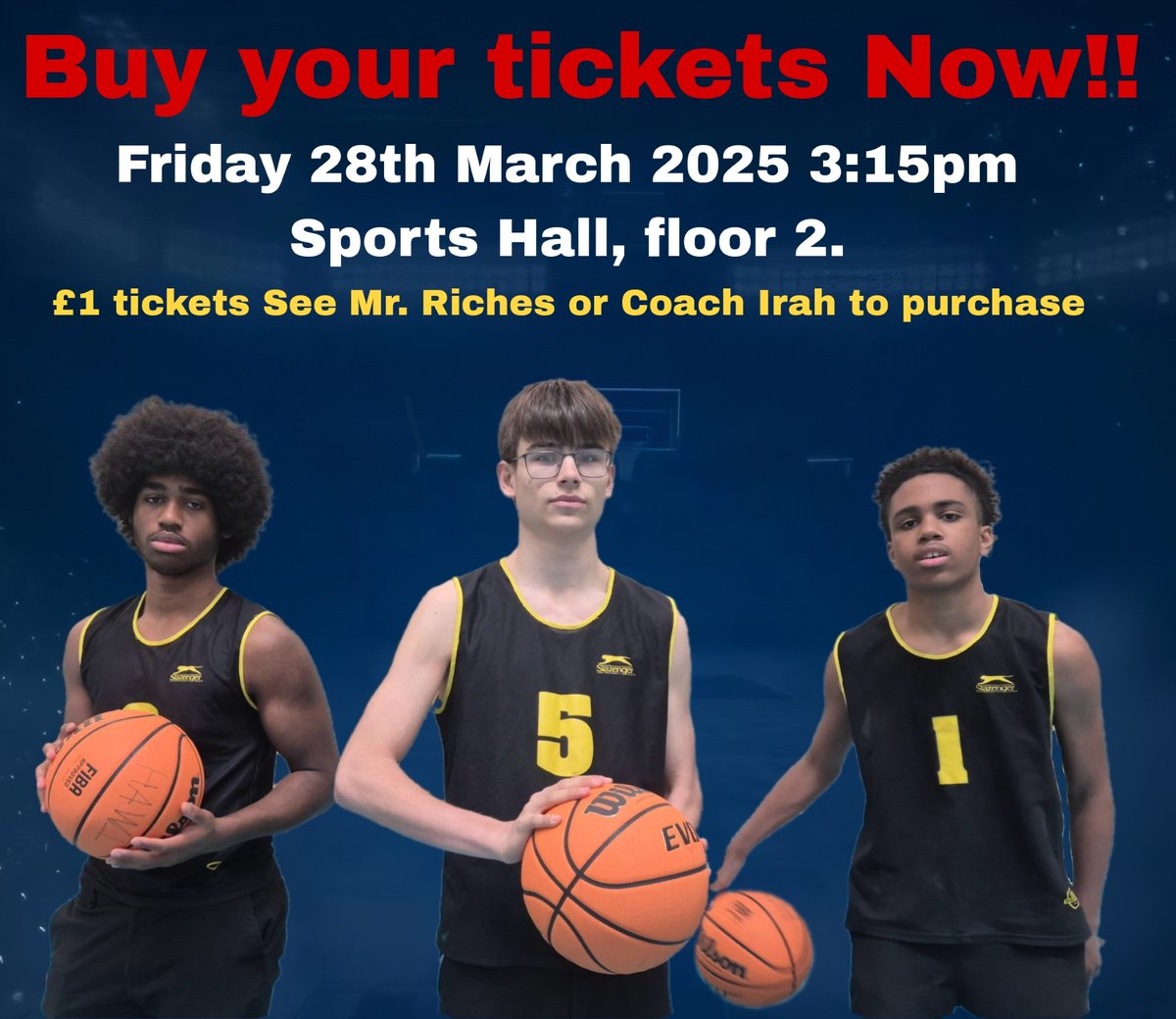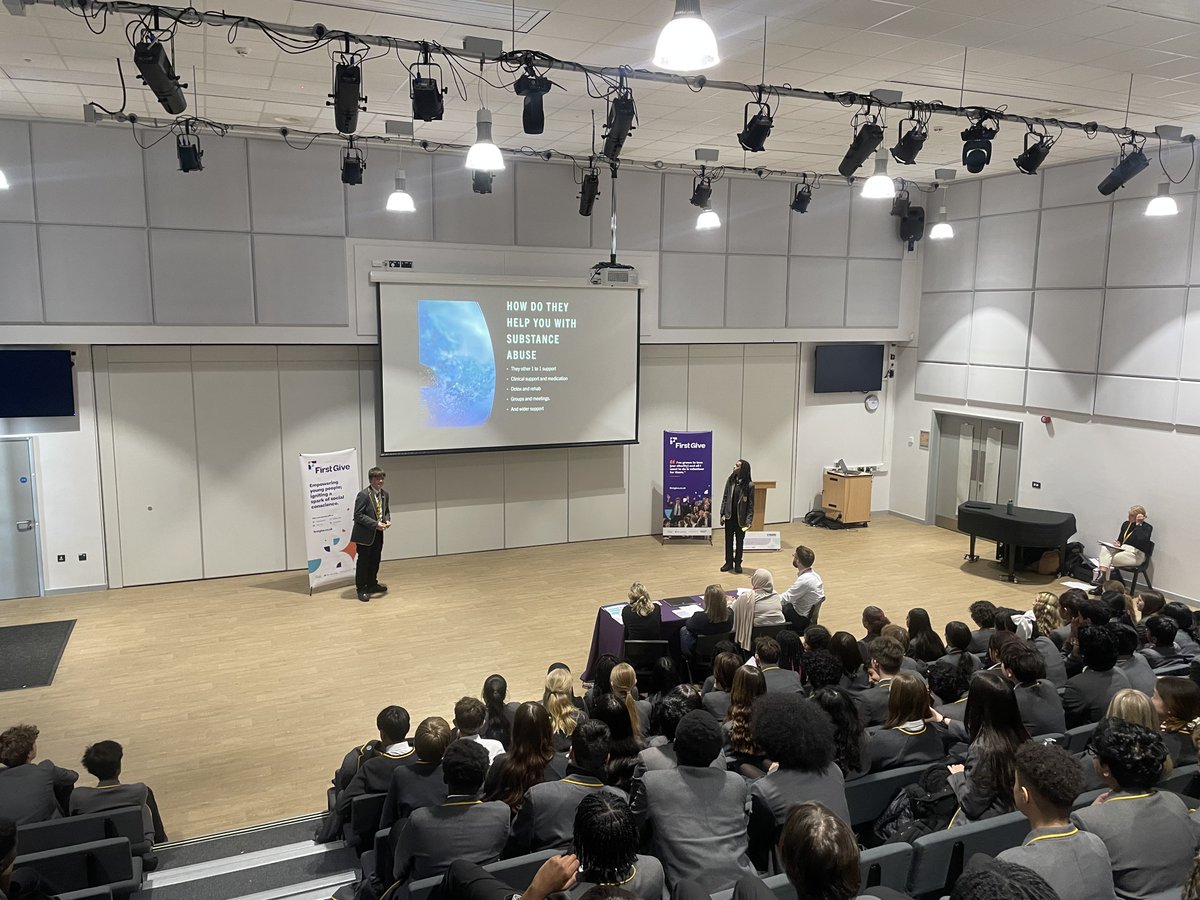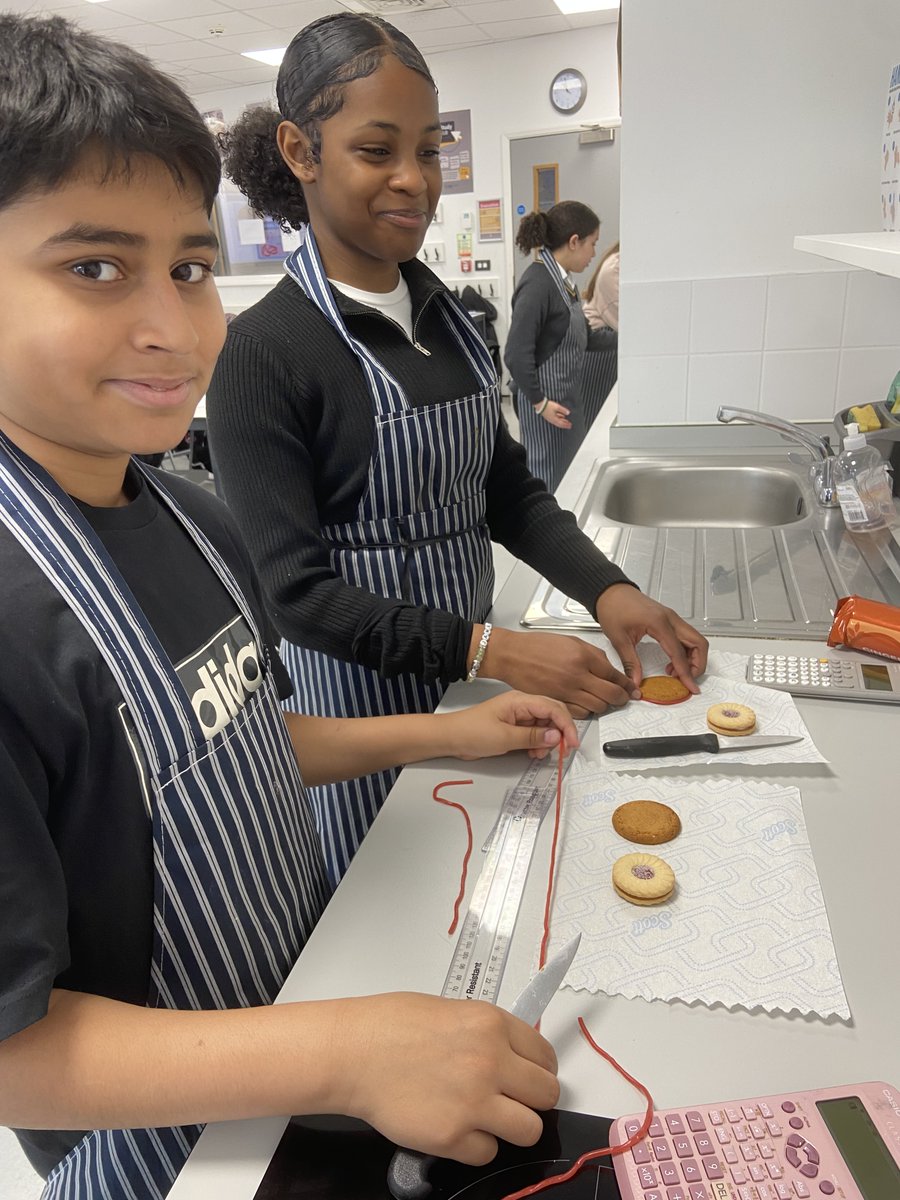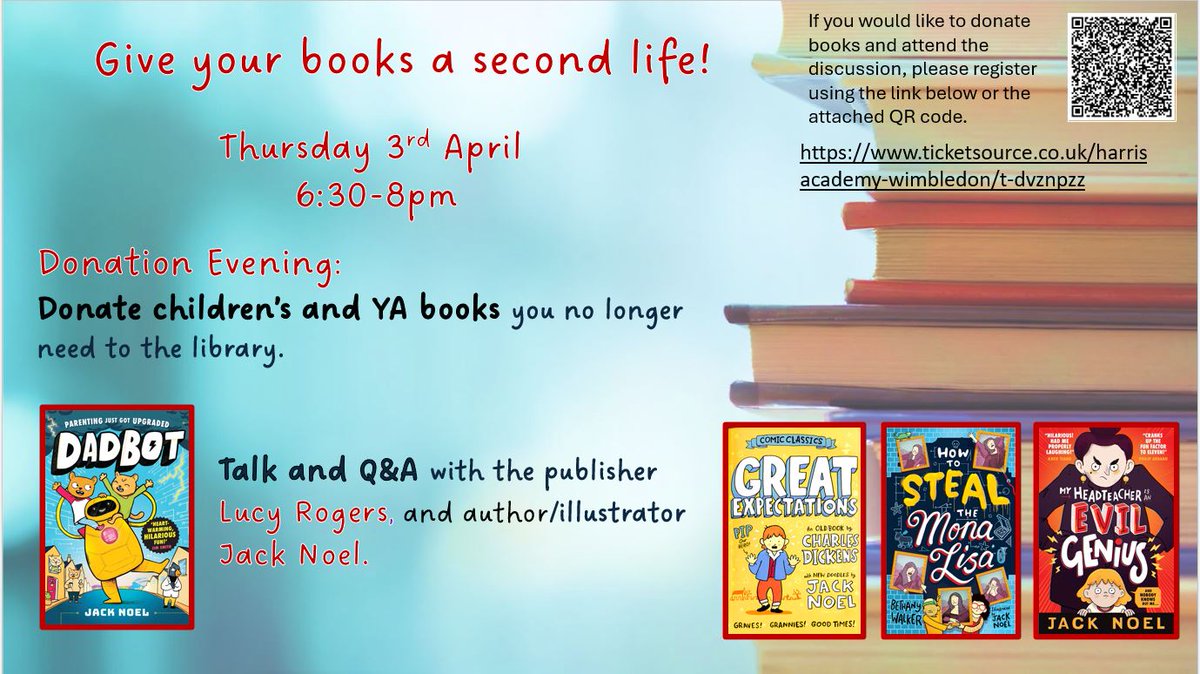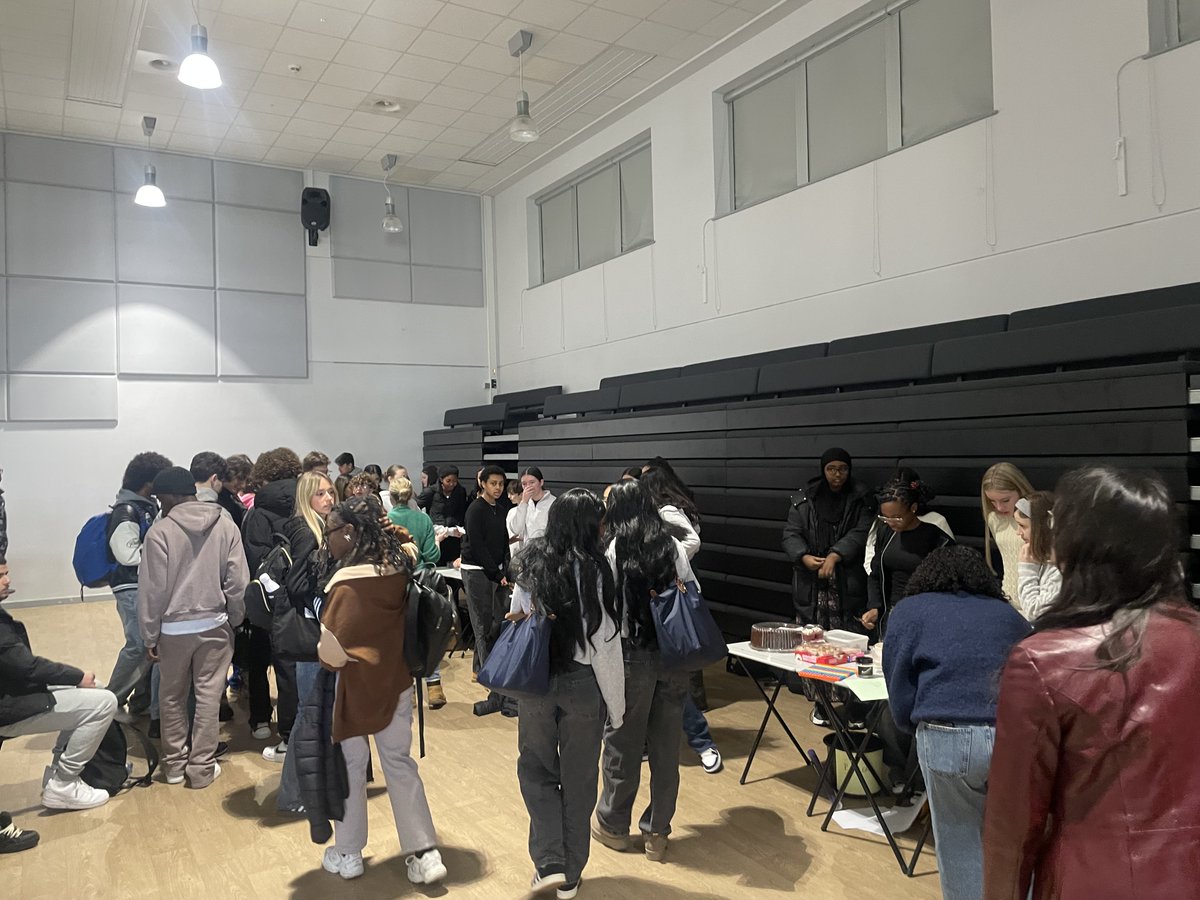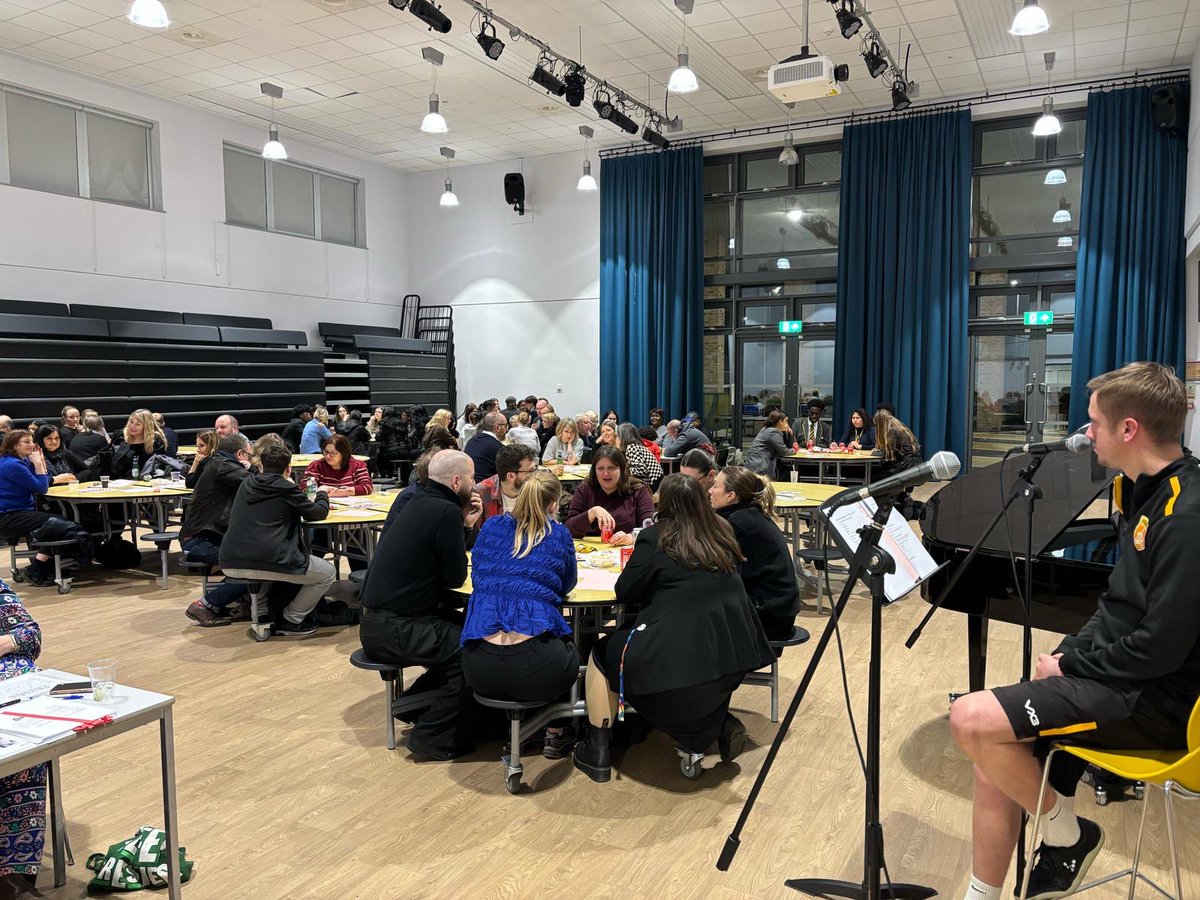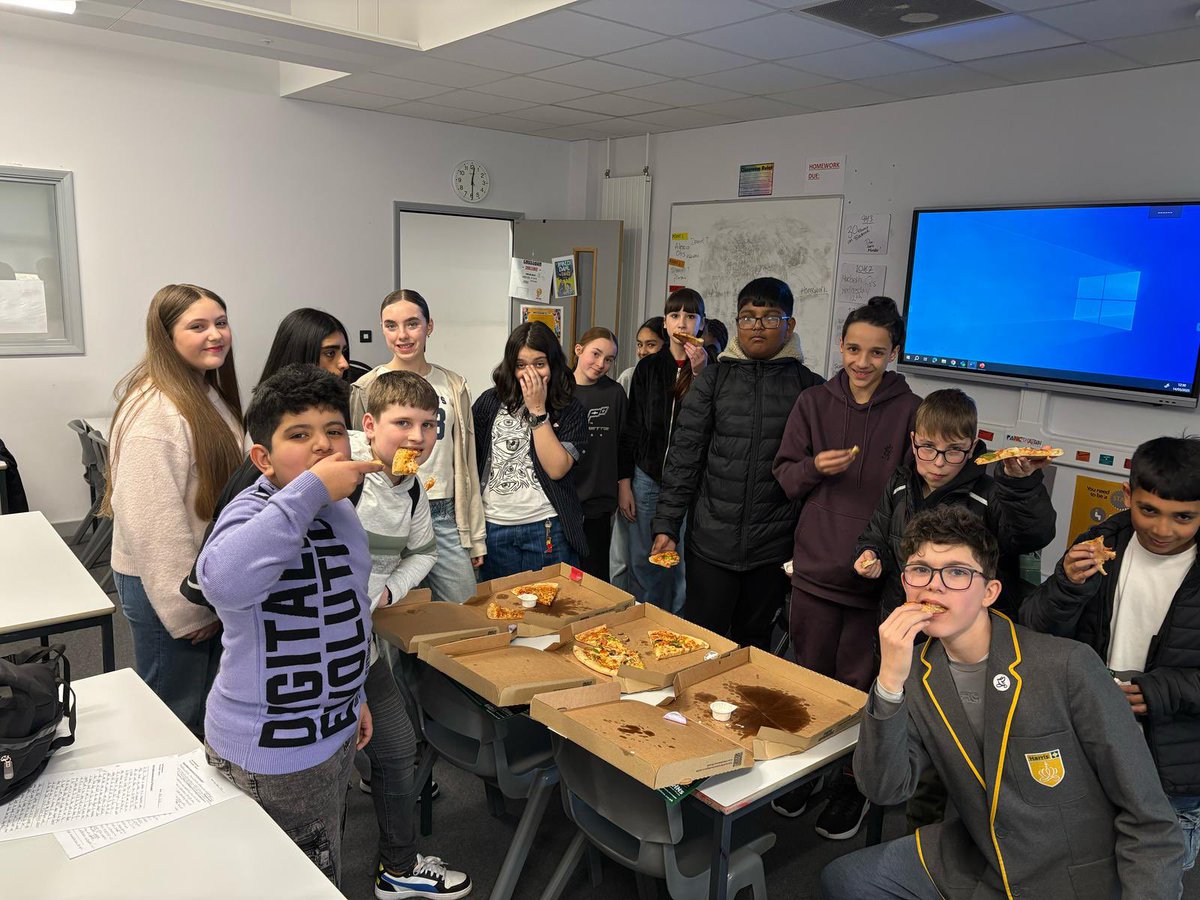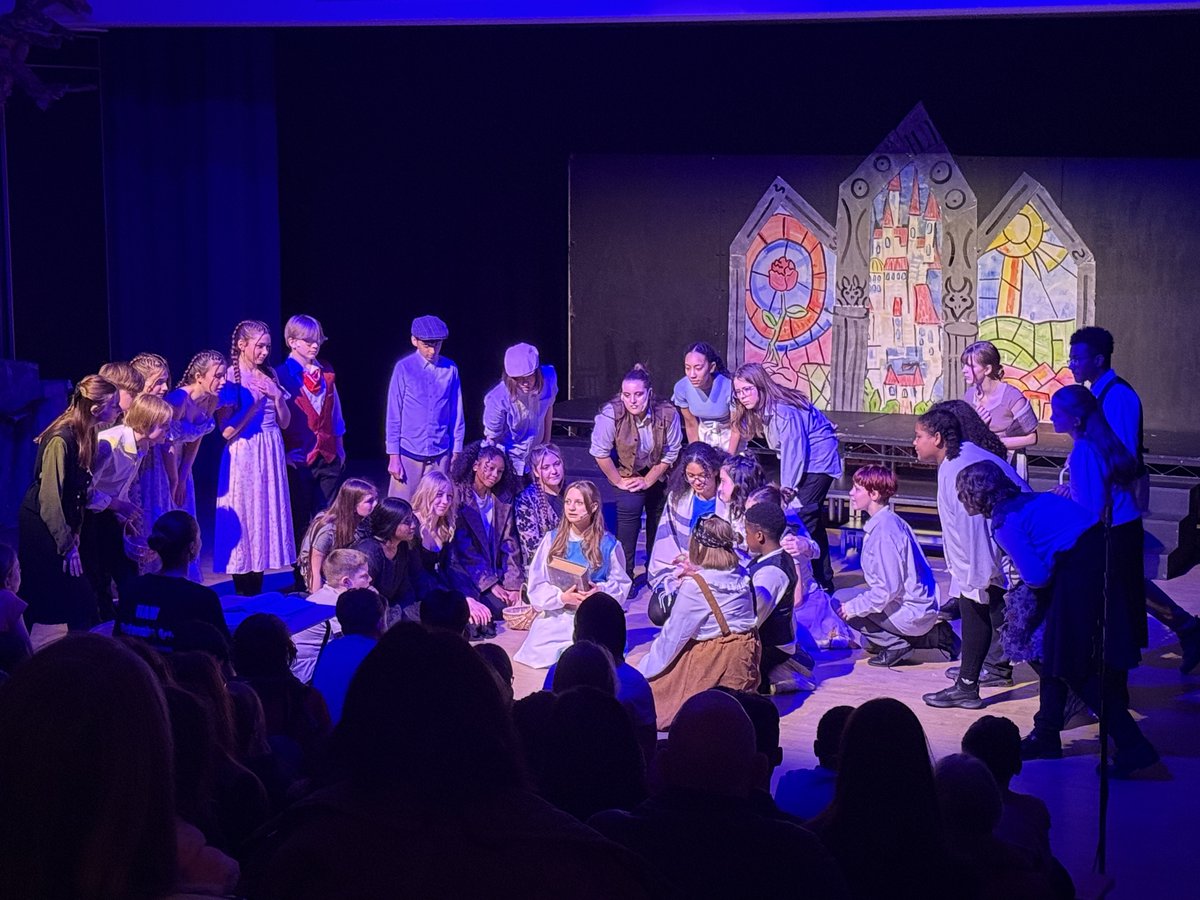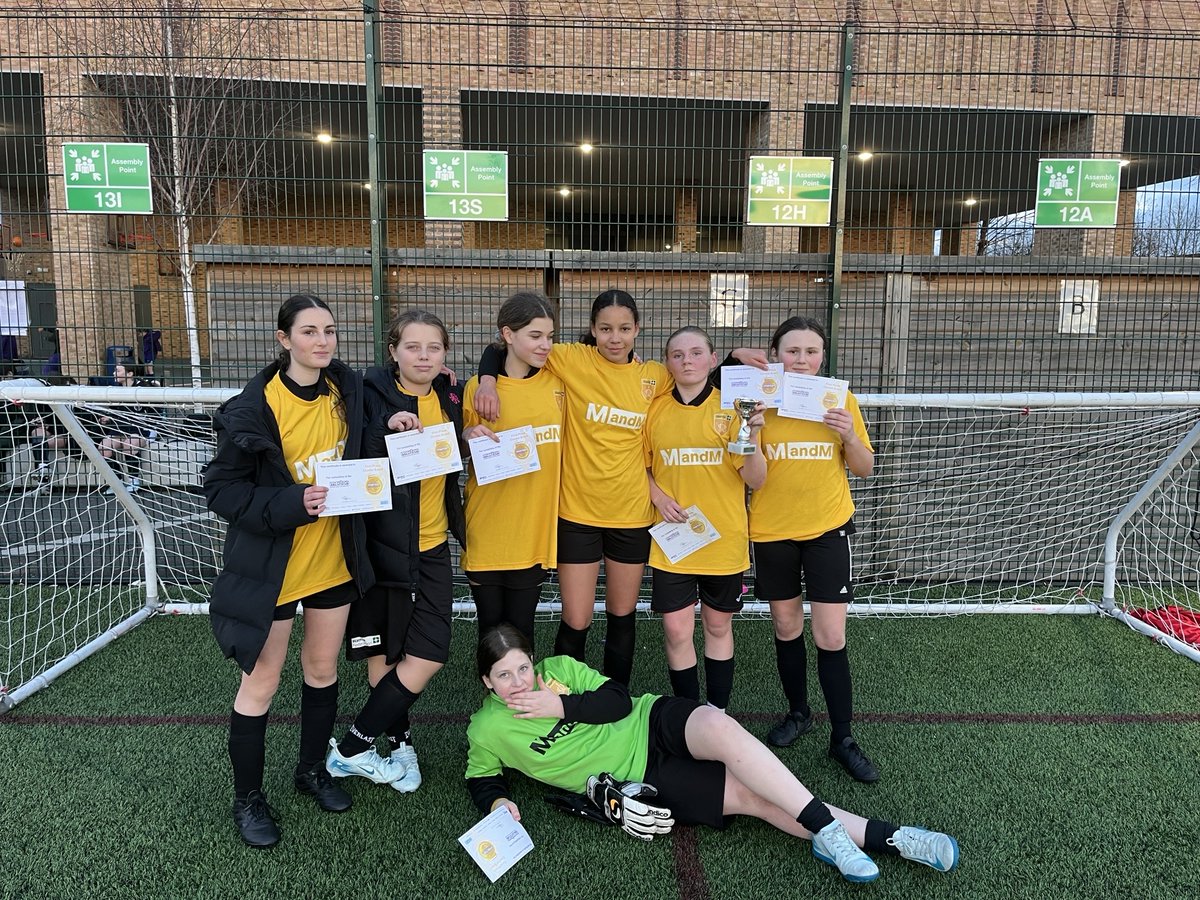Drama
What is Drama?
Drama is the study of texts, plays and exploring the world of theatre; students are able to take on different characters learning how to become them through using vocal and physical skills. Drama is also a tool for exploring other subjects as well as helping students understand the world around them. Drama links to the English Curriculum and through Drama students are given the opportunity to develop their spoken language, reading, which in turn helps them with their writing skills.
Why do we teach Drama at HAWI?
Drama is an essential subject to help students build self-confidence, develop teamwork, communication and leadership skills, all whilst exploring and challenging perceptions about the world they live in and themselves. Through powerful knowledge, a student can explore a new role, try out and problem solve very real problems from their own life or problems faced by characters in literature. For example, exploring the character of Christopher in ‘The Curious Incident of a Dog in the Night-time’, allows students to experience and develop their understanding of someone who sees the world very differently.
How do we teach Drama at HAWI?
The drama curriculum is a practical artistic subject and ranges from student's structured exploration through to classroom improvisation, polished presentation to performances of classic play texts. Through the practical exploration of Drama, students will begin to develop a range of theatrical skills focussing on the use of voice and physicality to bring about the successful creation of character. Whilst developing such skills, students will also be introduced to the workings of the theatre and the function of light, sound, props, and staging in bringing about an effective performance. This will allow students to develop their powers of expression, communication and aesthetic understanding. There are four main areas students gain knowledge in through the drama curriculum:
- Creating and Developing
- Applying Theatrical Skills
- Demonstrating Knowledge and Understanding
- Evaluation and Analysis
Across the key stages our curriculum is taught using ‘Big Questions’ which students look to answer through each unit of work as their powerful drama knowledge develops. We look to use high challenge in every lesson to push our students, for example by looking at key drama practitioners such as Artaud and Brecht, students can work in different styles and explore different genres. We work closely with English and link together several units across key stage 3, such as Romeo and Juliet, Twelfth Night and Animal Farm, we also support students in Year 8 when it comes to performing their protest speech that they have written in English.
How do we make Drama memorable at HAWI?
Alongside drama lessons, the curriculum at HAWI is comprised of many memorable moments which bring the subject to life. These include our extensive extra-curricular programme where students are given many opportunities to perform, for example the Whole School Production, as well as being part of the Upper Academy Players, where they will work on putting on the production of a play. We also run a Technical Theatre club, where students learn how to programme and design the lights, they will then form the backstage crew for our school productions. We hold Open Mic sessions, where students get to perform anything from spoken word to playing an instrument – the aim is to give them even more exposure of performing in a safe environment. We have our annual Summer Arts Festival where we run several performing arts workshops and put on several performances, music, dance, and drama come together for a week of celebration. There are also two optional drama enrichment options; from studying Grade 3 LAMDA, to choosing ‘Behind the Scenes’ where students will delve deeper into the roles of the theatre and get an experience of going backstage at The Globe and The National Theatre. Alongside this we have outside practitioners who are working in the world of theatre who come and meet our students, for examples actors, directors, producers, and lighting designers who can inspire our students to think about the different roles in the arts. We also look to take students to the theatre several times a year, increasing their cultural capital.
Please click here for Year 7 curriculum guide
Please click here for Year 8 curriculum guide
Please click here for Year 9 curriculum guide
Please click here for Year 10 curriculum guide
Please click here for Year 11 curriculum guide

